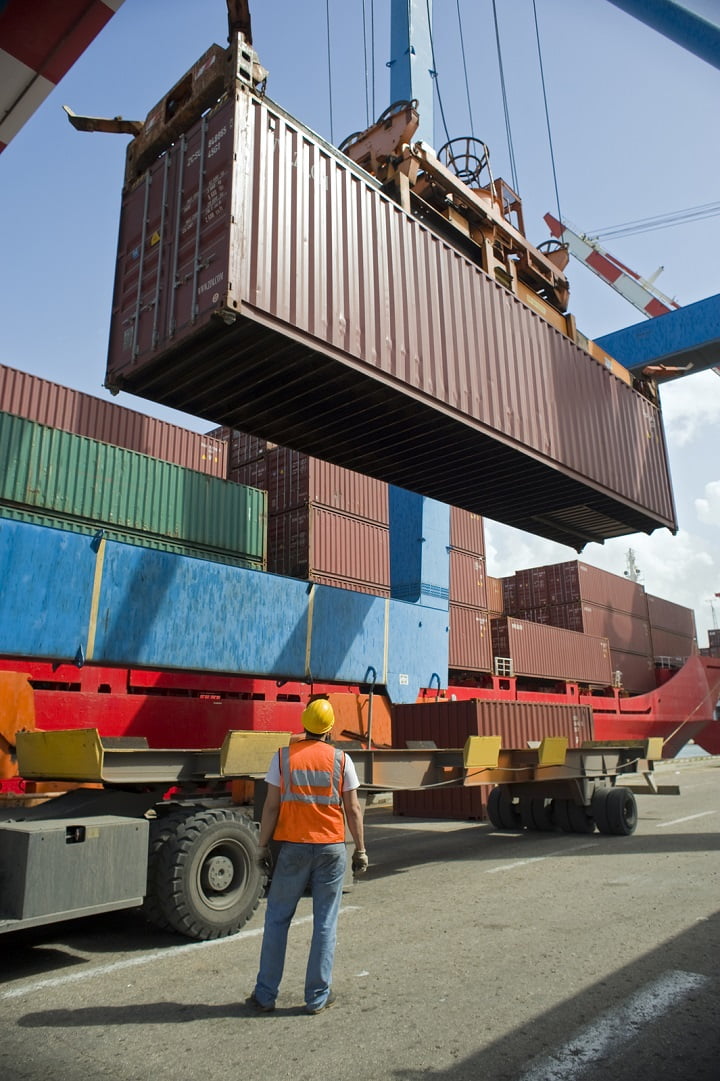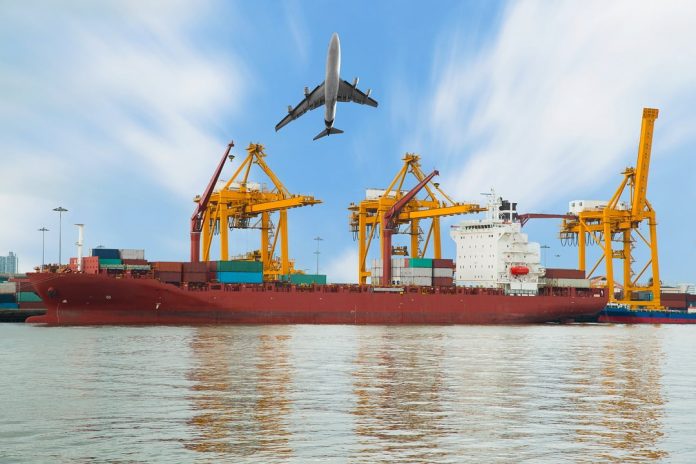Security in the form of secure identification cards governed by background checks are the central plank of the tightening of Australia's airports and seaports following the passage of key legislation through the House of Representatives.
Minister for Infrastructure and Transport Darren Chester said the legislation, which relates to the Aviation and Maritime Security Identification Card schemes, was aimed at preventing serious and organised crime activity.
“Today the Transport Security Amendment (Serious or Organised Crime) Bill 2016 has passed the House of Representatives without amendment,” Mr Chester said.
“The Bill delivers on the Government's commitment to ensure that people with a relevant criminal history can never receive a security clearance to work at our airports or seaports.
“This is a critical step in securing our transport infrastructure against crime or future criminal influences.”

Darren Chester
Supporting the amendments, the Minister for Justice and the Minister Assisting the Prime Minister on Counter-Terrorism Michael Keenan said the Bill delivers on the Coalition Government's election commitment to strengthen the system and fight serious and organised crime at our ports and seaports.
“All Australians have high expectations of individuals with access to secure areas of our airports and seaports given that they are in positions of trust,” Keenan said.
“The Coalition Government changes mean Australia's airports and seaports will be less susceptible to exploitation from serious or organised crime.
“We know that Australia has become a target for organised criminals from all around the world because Australians are paying top dollar for the misery these crooks peddle—like the drug ice.
“Further, these changes will deliver on our commitment to implement the National Ice Taskforce's recommendations, specifically to strengthen the ASIC and MSIC schemes to limit the distribution of ice throughout the community.”

If the Bill passes the Senate – and it should do so – it is intended that the reforms will become effective from 1 July 2016.
The relevant section is 38AB: Requirements relating to access to areas and zones:
(1) The regulations may, for the purposes of preventing the use of aviation in connection with serious or organised crime, prescribe requirements in relation to areas and zones established under this Part.
(2) Without limiting the matters that may be dealt with by regulations made under subsection (1), the regulations may deal with the following:
(a) access to areas and zones (including conditions of entry, the issue and use of security passes and other identification systems);
(b) the security checking (including background checking) of persons who have access to areas and zones.
(3) Regulations made under this section may prescribe penalties for offences against those regulations. The penalties must not exceed:
(a)for an offence committed by an airport operator or an aircraft operator—200 penalty units; or
(b)for an offence committed by an aviation industry participant, other than a participant covered by paragraph (a) or (c)—100 penalty units; or
(c)for an offence committed by an accredited air cargo agent or any other person—50 penalty units.♦










